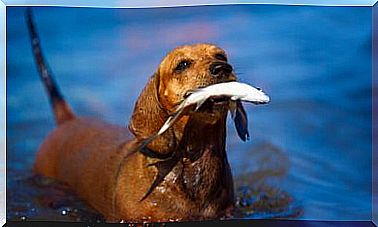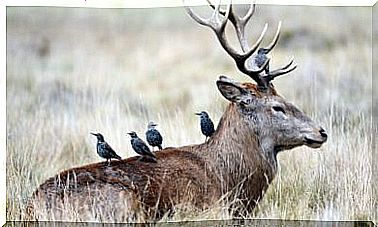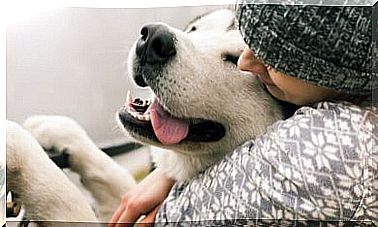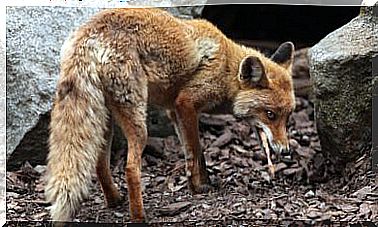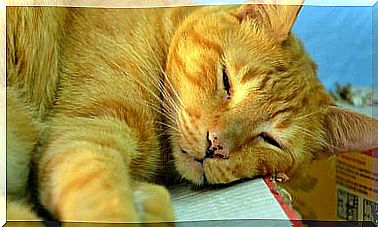Tips To Take Care Of Your Goldfinch
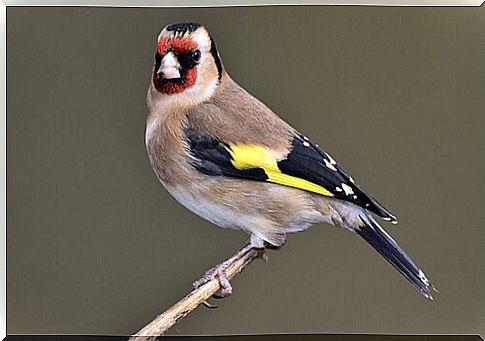
The goldfinch, whose scientific name is Carduelis carduelis , is a cheerful bird that brings smiles to any home. Above all, for its bright colors and pleasant singing, although it is also nervous and sensitive in character. Due to his way of being and his physical complexion he needs special care. So take note, because these tips to take care of your goldfinch will come in handy.
It is necessary to know in detail how to care for your goldfinch to have a healthy and happy pet.
The home of the goldfinch
Goldfinches need to fly, and this requires space. A minimum acceptable measurement for the height of the cage is 50 centimeters. This cage must include perches that allow it to perch after a flight. That way, their legs and wings will be exercised. In addition, you will have the important sense of freedom you need to feel calm.
The cage must be located in a ventilated place, but it must not receive direct sunlight. The place must be protected from drafts and hot vapors, so it is advisable to avoid the kitchen and bathroom.
The goldfinch cage must be out of reach of animals such as rats or other rodents that can threaten its life. You should also avoid contact with wild birds, which cannot injure the goldfinch, but they can transmit diseases and parasites.
Appropriate diet to take care of your goldfinch
Goldfinches are granivores. Nature has designed its beak and digestive system to consume seeds. These seeds must be combined. A peculiarity of the goldfinch’s diet is that it must be varied to meet its nutritional requirements.
The feeding of the goldfinch depends on the stage of the bird’s life. Also of the environmental conditions in which it is and the period of the year.
Some seeds that goldfinches can consume are : canary seed, poppy, oats, hempseed, rapeseed, black and white lettuce, linseed, sesame and perilla. They can also consume fruits such as apricots, plums, figs, strawberries, apples, oranges, pears, bananas and watermelons, among others.
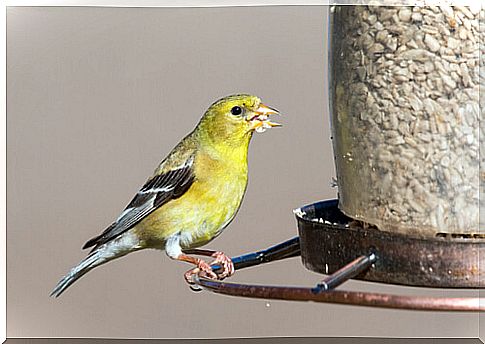
Fruits and vegetables to take care of your goldfinch
They can also eat vegetables such as tomatoes, lettuce, broccoli, carrots, spinach, and cucumber.
All fruits and vegetables should be verified to be well washed before feeding to the goldfinch. You have to make sure that they have not been in contact with pesticides or insecticides that could affect the bird’s health. To remove these residues, the vegetables are soaked in water with baking soda for a couple of hours and then washed again.
Fresh food should be changed for several times a day. In this way we prevent the goldfinch from consuming them in a state of decomposition.
In stages of its life such as the molting season, the goldfinch may need a vitamin supplement. This supplement will be rich in protein, so that it contributes to the regeneration of their feathers. In this case, wheat germ, soy or yeast can be incorporated into your diet.
There are other recommendations depending on the temperature. If the goldfinch is in a cold environment, it is recommended to increase its caloric intake with oilseeds such as sunflower or linseed.
Hygiene habits
Among the tips to take care of your goldfinch, those related to hygiene stand out. It’s about reducing your risk of illnesses and infections that are harmful to your health. Some steps to follow are:
- Remove the excrement from the floor of the cage daily.
- Change the water or place a device that maintains its quality for a longer time.
- Blow the food container daily to remove the remains of the empty seeds.
- Prevent the bird from falling to the floor of the cage to prevent it from coming into contact with droppings.
- Clean the cage and its perches once a week thoroughly.
As a hygiene measure specifically for the goldfinch, it is necessary to deworm it the number of times in the year that the veterinarian recommends. It is also important to choose the correct type of dewormer for your age, size and physical condition. In pet stores there are powder, spray and ointment options.
Take care of the environmental temperature
This is perhaps one of the most difficult tips to take care of your goldfinch. Breeders cannot control the arrival of the seasons of the year. However, they should do their best to control the ambient temperature to the best of their ability. Sudden changes in temperature affect the immune system of the goldfinch, facilitating the appearance of diseases. Specifically high temperatures can affect these animals.


